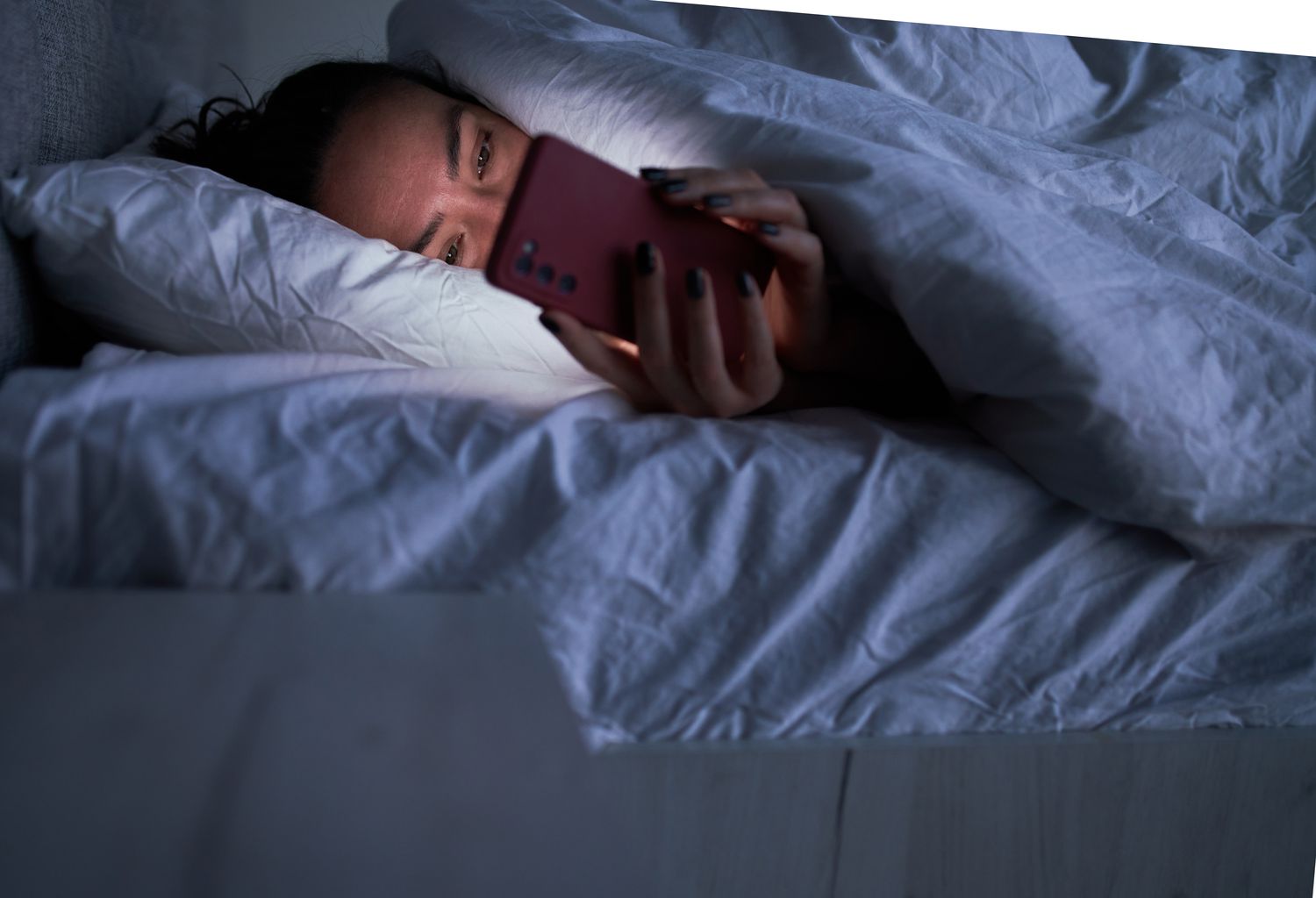Study Discovers Insomnia Raises Stroke Risk

New research has discovered that insomnia could increase the risk of having a stroke. According to the American Academy of Neurology member, Wendemi Sawadogo, MD, MPH, PhD, over one-third of people in the U.S. experience insomnia symptoms such as difficulty falling asleep or staying asleep, but many do not consider it a doctor-worthy issue. People who experience insomnia symptoms should seek care and not ignore the symptoms, said Dr. Sawadogo. The new study, published in the journal Neurology, serves as a reminder that having enough sleep is important for one's health.
Michelle Christina Johansen, MD, PhD, an associate professor of neurology at Johns Hopkins Medicine, stated that people nowadays have devices at their fingertips because we don't turn off our brains. Sleep is also important and we all need it, he added. According to Dr. Sawadogo and his team, they conducted the study for two reasons: The first is that the association between stroke risk and insomnia in the U.S. population hasn’t been studied before, and the results of analyses done in other parts of the world have been inconsistent.
The report revealed that studies conducted in Asia are more likely to associate insomnia with stroke risk than studies conducted in Europe. The authors relied on the Health and Retirement Study (HRS), where participants were asked about their health every two years. The people who had symptoms of insomnia, particularly severe insomnia, based on their answers and health data, were more likely to get a stroke during the study.
Although the study was able to associate sleep issues with stroke risk, it was difficult to determine if the participants had insomnia or obstructive sleep apnea (OSA), another health condition that can make it difficult for a person to sleep and has been linked to an increased stroke risk. Andrew Russman, DO, a stroke epidemiology expert at Cleveland Clinic’s Cardiovascular Center emphasized the need to differentiate between the two sleep disorders. The associations are proven, but further research is necessary to define the relationship between insomnia and stroke, said Dr. Johansen.
The research discovered that the association between insomnia and stroke risk was strongest for people below 50 years old, thereby stating the need for the individuals in this category to be especially vigilant about monitoring insomnia symptoms. However, this part could be misleading since only a few under 50 were included in the study participants.
“They intentionally recruited more in this age group over 50,” Dr. Russman explained. “When they looked at age, they had 25,000 people over the age of 50, and 2,000 under the age of 50, but they continue to say the association was stronger in younger adults than other adults,” he clarified.
“I think the way to look at this is: Don’t ignore insomnia symptoms,” Dr. Russman said.
He added that people often minimize these symptoms when they see a doctor or fail to see that they’re problematic at all. “Sometimes they’ve lived so long with their sleep disorder, they think it’s normal. But you need to listen to this aspect of your body,” he emphasized.
Your doctor may ask you to keep a sleep diary if they suspect you’re suffering from insomnia so that they can analyze how much sleep you’re getting. They might also recommend a physical exam, a blood test, or other tests to rule out any other medical problems.
You may be diagnosed if you and your doctor determine you are having difficulty getting enough sleep at least three nights a week.
There are many ways insomnia symptoms can be managed, Dr. Sawadogo noted. While medications are available, experts usually recommend trying a non-pharmacological option first. This might include meeting with a sleep psychologist or trying insomnia cognitive behavioral therapy.
If you’ve been diagnosed with insomnia, you might want to initiate a conversation with a doctor about whether you need to be screened for the comorbidities outlined in the new report (diabetes, hypertension, heart disease, and depression), which could further increase stroke risk, Dr. Johansen said.
It’s crucial to keep an eye on these aspects of your health no matter your age, Dr. Russman said. “People with insomnia don’t feel as good. They don’t feel well-rested; they will often describe a lot of fatigue,” he explained. “There’s a perception among the general public that if you’re an insomniac, it’s not fixable. But there are treatments.”




